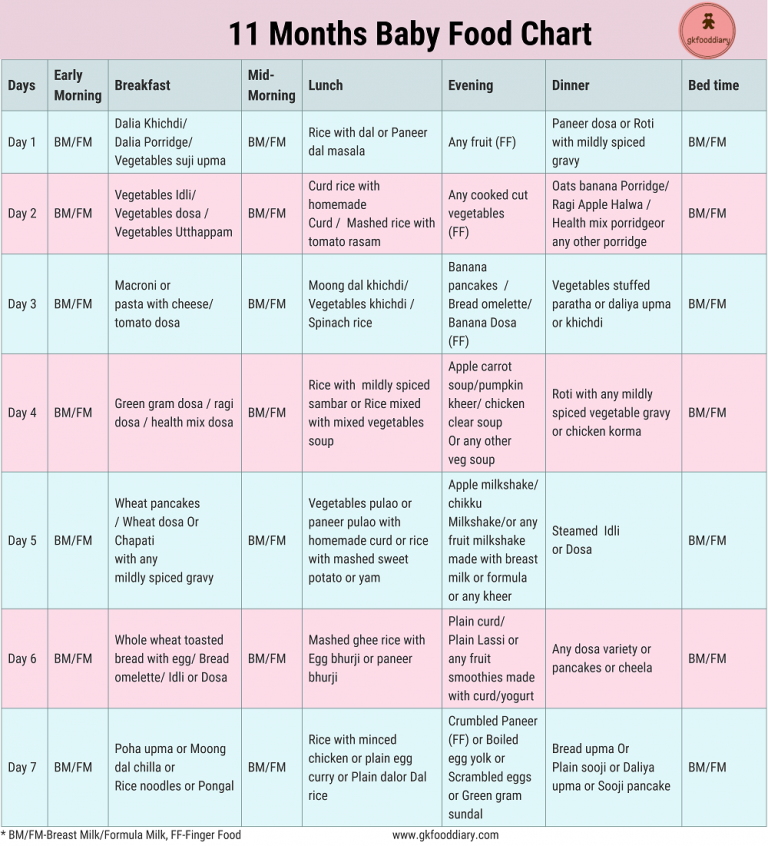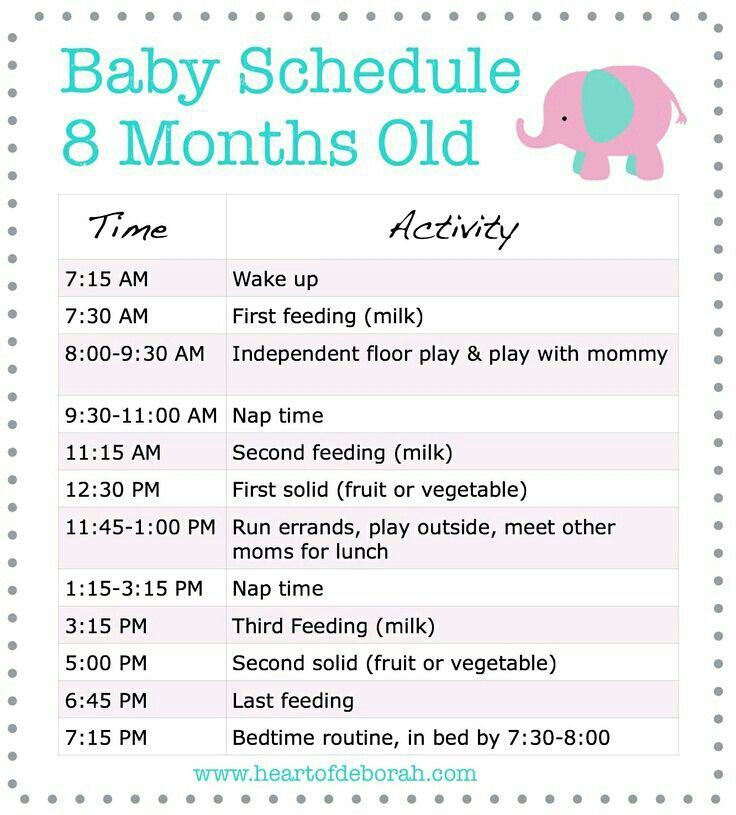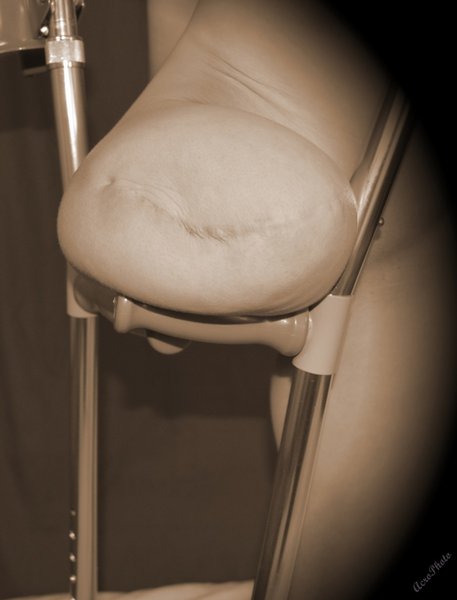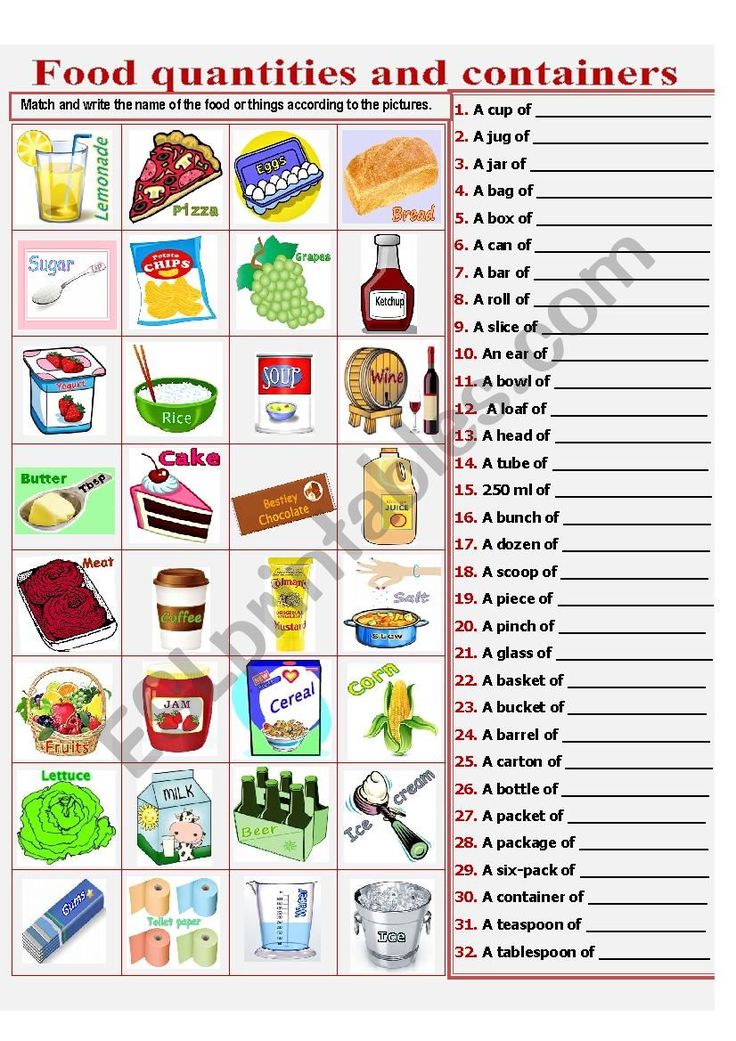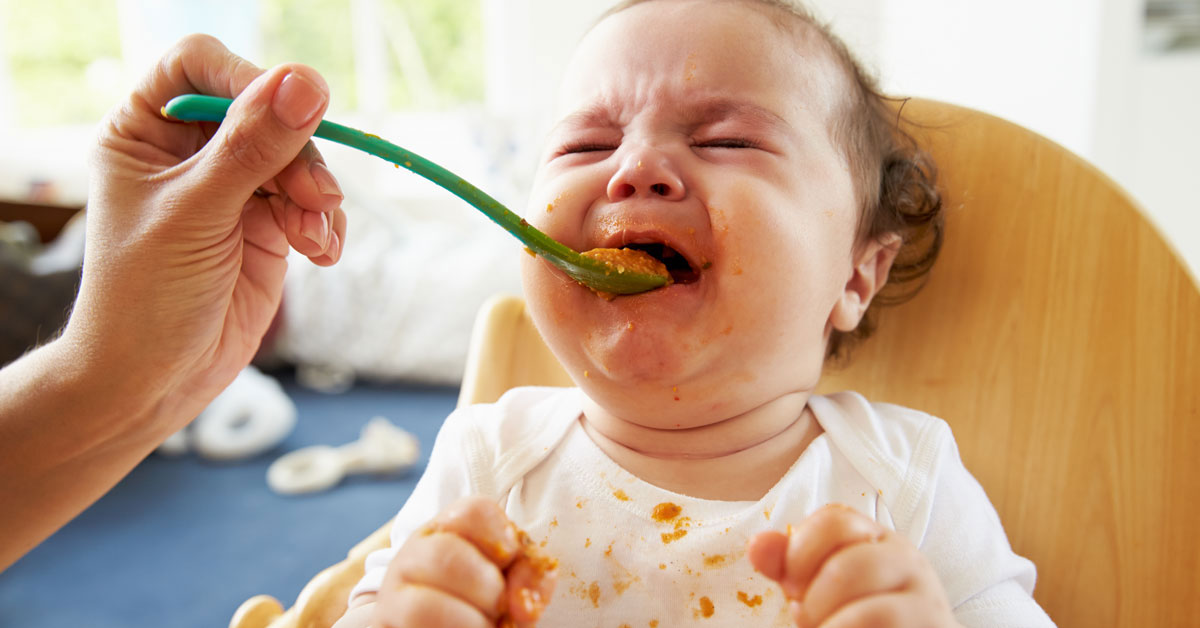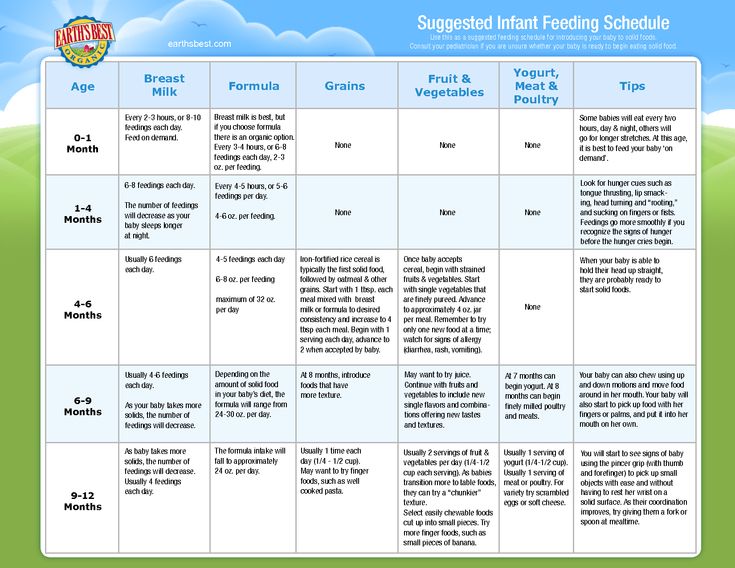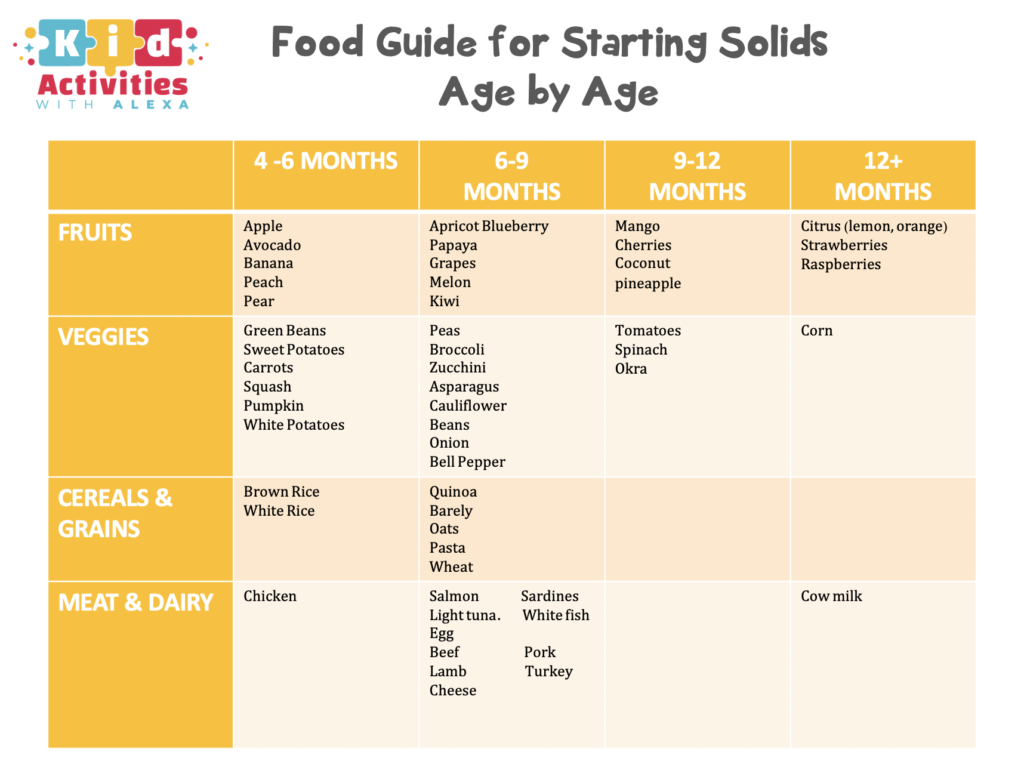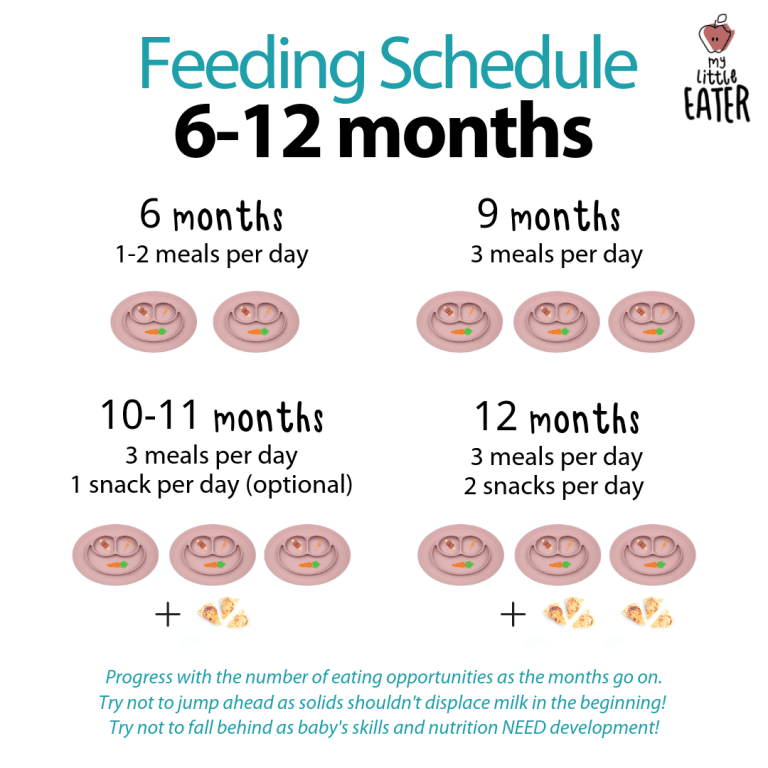2 month old baby food intake
How Often and How Much Should Your Baby Eat?
By: Sanjeev Jain, MD, FAAP
One of the most common questions new parents have is how often their baby should eat. The best answer is surprisingly simple: in general, babies should be fed whenever they seem hungry.
How do I know when my baby is hungry?
For babies born
prematurely or with certain medical conditions, scheduled feedings advised by your pediatrician are best. But for most healthy, full-term infants, parents can look to their baby rather than the clock for hunger cues. This is called feeding on demand, or
responsive feeding.
Hunger cues
A hungry baby often will cry. But it's best to watch for hunger cues before the baby starts crying, which is a late sign of hunger and can make it hard for them to settle down and eat.
Some other typical hunger cues in babies:
Licking lips
Sticking tongue out
Rooting (moving jaw and mouth or head in search of breast)
Putting his/her hand to mouth repeatedly
Opening her mouth
Fussiness
Sucking on everything around
It is important to realize, however, that every time your baby cries or sucks it is not necessarily because he or she is hungry. Babies suck not only for hunger, but also for comfort; it can be hard at first for parents to tell the difference. Sometimes, your baby just needs to be cuddled or changed.
General guidelines for baby feeding
It is important to remember all babies are different―some like to snack more often, and others drink more at one time and go longer between feedings. However, most babies will drink more and go longer between feedings as they get bigger and their tummies can hold more milk:
Most newborns eat every 2 to 3 hours, or 8 to 12 times every 24 hours. Babies might only take in half ounce per feeding for the first day or two of life, but after that will usually drink 1 to 2 ounces at each feeding. This amount increases to 2 to 3 ounces by 2 weeks of age.
At about 2 months of age, babies usually take 4 to 5 ounces per feeding every 3 to 4 hours.
At 4 months, babies usually take 4 to 6 ounces per feeding.

At 6 months, babies may be taking up to 8 ounces every 4 to 5 hours.
Most babies will increase the amount of formula they drink by an average of 1 ounce each month before leveling off at about 7 to 8 ounces per feeding. Solid foods should be started at about 6 months old.
Concerns about overfeeding or underfeeding your baby
Too full?
Babies are usually pretty good at eating the right amount, but they can sometimes take in more than they need. Infants who are bottle feeding may be more likely to overfeed, because drinking from a bottle may take less effort than breastfeeding.
Overfed babies can have stomach pains, gas, spit up or vomit and be at higher risk for obesity later in life. It's better to offer less, since you can always give more if your baby wants it. This also gives babies time to realize when they're full.
If you are concerned your baby wants to eat
all the time―even when he or she is full―talk with your pediatrician.
Pacifiers may be used after feeding to help sooth healthy-weight babies who like to suck for comfort, rather than nutrition. For babies who are breastfed, it's best to wait to offer pacifiers until around 3 to 4 weeks of age, when breastfeeding is well-established.
Trouble gaining weight?
Most babies will double their birth weight by 5 months of age and triple their birth weight by their first birthday. If your baby is having trouble gaining weight, don't wait too long between feeding―even if it means waking your baby. Be sure to talk with your pediatrician about how often and how much to feed your baby.
How do I know if my baby is getting enough to eat?
Daily diapers
A newborn's
diaper is a good indicator of whether he or she is getting enough to eat. In the first few days after birth, a baby should have 2 to 3 wet diapers each day. After the first 4 to 5 days, a baby should have at least 5 to 6 wet diapers a day. Stool frequency is more variable and depends whether your baby is
breastfed or formula fed.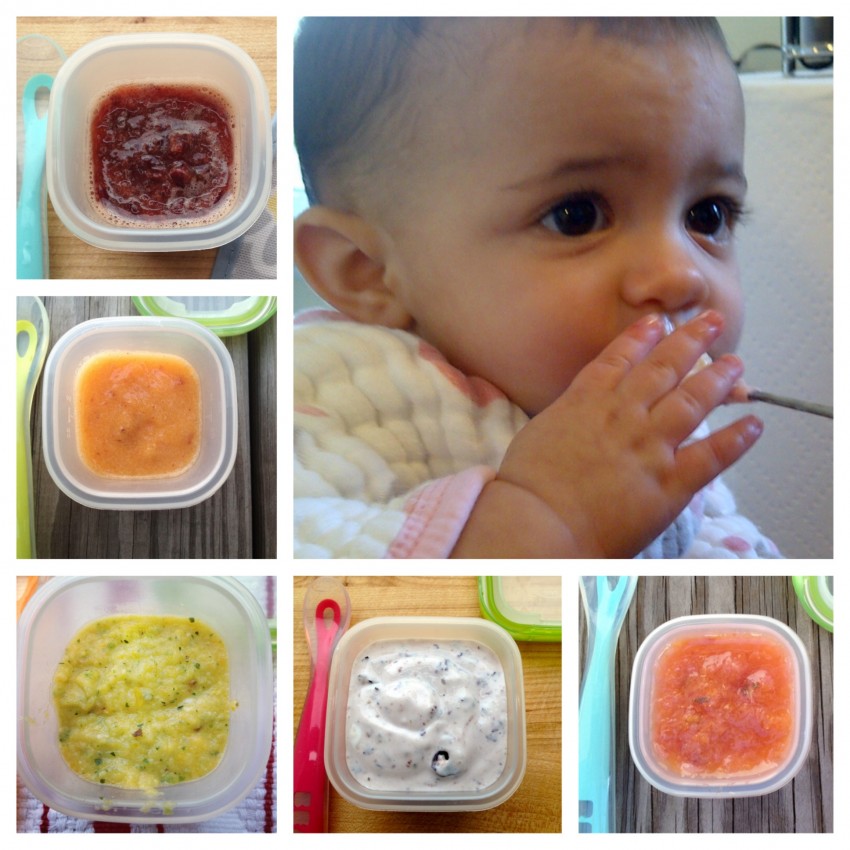
Growth charts
During regular health check-ups, your pediatrician will check your baby's weight and plot it on a growth chart. Your baby's progress on the growth chart is one way to tell whether or not they are getting enough food. Babies who stay in healthy growth percentile ranges are probably getting a healthy amount of food during feedings.
Remember
Talk with your pediatrician if you have any questions or concerns about your baby getting the right amount to eat.
More information:
- Making Sure Your Baby is Getting Enough Milk
- Amount and Schedule of Formula Feedings
- Is Your Baby Hungry or Full? Responsive Feeding Explained (Video)
- Remedies for Spitty Babies
- Ask the Pediatrician: With the baby formula shortage, what should I do if I can't find any?
- Ask the Pediatrician: How should we feed our baby if we're running low on money?
-
Airplane Choo Choo: A Feeding Guide for Children (National Dairy Council)
About Dr.
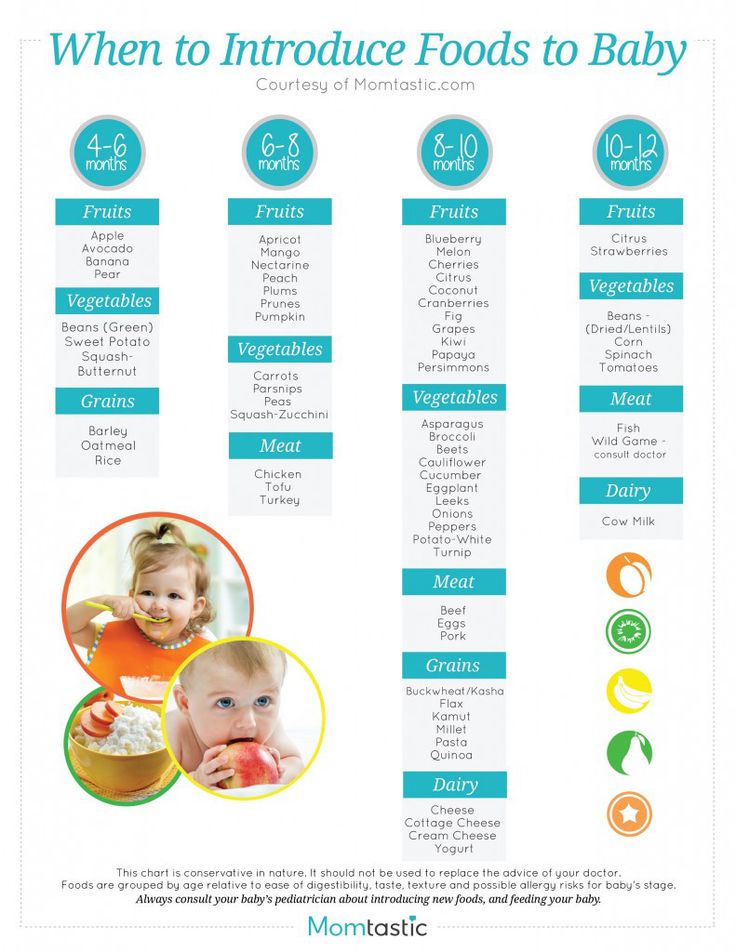 Jain:
Jain:
Sanjeev Jain, MD, FAAP, is a Clinical Associate Professor of General Pediatrics and Adolescent Medicine at the University of Wisconsin School of Medicine and Public Health. Within the American Academy of Pediatrics, he is a member of the Section on International Child Health and the Wisconsin State Chapter.
The information contained on this Web site should not be used as a substitute for the medical care and advice of your pediatrician. There may be variations in treatment that your pediatrician may recommend based on individual facts and circumstances.
Feeding Your 1- to 3-Month-Old (for Parents)
During your baby's first 3 months, breast milk or formula will provide all the nutrition needed. Doctors recommend waiting until your baby is about 6 months old to start solid foods. Some babies may be ready for solids sooner than 6 months, but wait until your baby is at least 4 months old.
What Changes Should I Expect?
As your infant grows, feeding will change.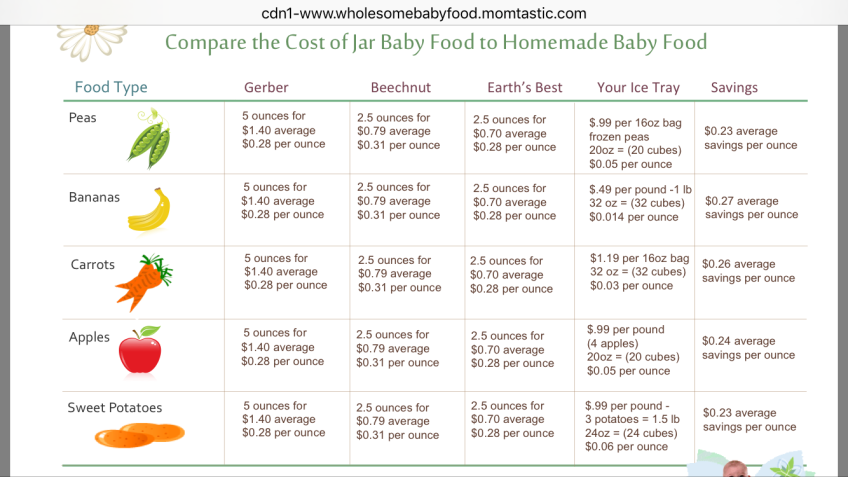 Babies will start drinking more milk during each feeding, so they won't need to feed as often and will sleep longer at night.
Babies will start drinking more milk during each feeding, so they won't need to feed as often and will sleep longer at night.
Your baby's appetite will increase during growth spurts. Continue to feed on demand and increase the number of feedings as needed.
Your infant also will become more alert as the weeks go by, cooing and smiling. So there will be more interaction between you and your baby during feedings.
The following are general guidelines, and your baby may be hungrier more or less often than this. That's why it's important to pay attention to your baby's signals of being hungry or full. A baby who is getting enough might slow down, stop, or turn away from the breast or bottle.
Breastfeeding: How Much and How Often?
As babies get older, they will start to breastfeed less often and sleep for longer periods at night. Your infant probably is eating enough if he or she:
- seems alert, content, and active
- is steadily gaining weight and growing
- feeds six to eight times per day
- is wetting and soiling diapers on a regular basis
Babies might not be eating enough if they:
- don't appear satisfied
- cry constantly
- are irritable, even after feeding
- are not making wet diapers
Call your doctor if you're concerned your baby isn't eating enough.
A few weeks after birth, breastfed babies tend to have fewer bowel movements (BMs, or poop) than they did before. At around 2 months of age, your baby may not poop after each feeding, or even every day. During growth spurts, you may notice that your little one wants to feed more often. This frequent nursing sends a signal to make more milk. Within a couple of days, supply and demand will get into balance.
Babies who get breast milk only should get vitamin D supplements within the first few days of life. Other supplements, water, juice, and solid foods aren't usually needed.
Formula Feeding: How Much and How Often?
Babies digest formula more slowly than breast milk, so if you're bottle-feeding, your baby may have fewer feedings than a breastfed infant.
As babies grow, they can eat more at each feeding and may go for longer stretches between feedings. You'll also notice that your baby is starting to sleep longer at night.
During the second month, infants may take about 4 or 5 ounces at each feeding. By the end of 3 months, your baby may need an additional ounce at each feeding.
By the end of 3 months, your baby may need an additional ounce at each feeding.
It's easy to overfeed a baby when using a bottle because it easier to drink from a bottle than from a breast. Make sure that the hole on the bottle's nipple is the right size. The liquid should drip slowly from the hole and not pour out. Also, resist the urge to finish the bottle when your baby shows signs of being full.
Never prop a bottle. Propping a bottle might cause choking and it increases the chances of getting ear infections and tooth decay.
Should I Worry About Spitting Up?
It's normal for infants to "spit up" after eating or during burping. Spitting up a small amount — usually less than 1 ounce (30 ml) — shouldn't be a concern as long as it happens within an hour of feeding and doesn't bother your baby.
You can reduce spitting up in these early months by:
- feeding before your baby gets very hungry
- keeping your baby in a semi-upright position during the feeding and for an hour after
- burping your baby regularly
- avoiding overfeeding
- not jostling or playing vigorously with your baby right after a feeding
If your baby seems to be spitting up large amounts, is spitting up forcefully, is irritable during or after feedings, or seems to be losing weight or is not gaining weight as expected, call your doctor. And if your child has a fever or shows any signs of dehydration (such as not wetting diapers), call the doctor right away.
And if your child has a fever or shows any signs of dehydration (such as not wetting diapers), call the doctor right away.
Call your doctor if you have any questions or concerns about feeding your infant.
Reviewed by: Mary L. Gavin, MD
Date reviewed: November 2021
what and how to feed a newborn at home
The daily amount of food for a child at 2 months
By two months the child has to learn a lot - to hold his head, distinguish between the voices of mom and dad, grow 3-4 centimeters and gain about 800 grams of weight Therefore, the baby must receive adequate nutrition. The daily amount of food for a child directly depends on what kind of feeding he is on. For example, when breastfeeding, the volume of milk may change over time, but the baby will be full. You should also not worry about the number of feedings - just put the baby to the chest at his first request.
With artificial feeding, it is necessary to know when to stop. The daily volume of the mixture for a two-month-old is 800-850 ml of the mixture, which must be divided into 6-7 feedings with a three-hour interval.
The daily volume of the mixture for a two-month-old is 800-850 ml of the mixture, which must be divided into 6-7 feedings with a three-hour interval.
What to feed a child at 2 months
At two months, the child still needs only mother's milk, and no complementary foods or water supplements. If for some reason the mother cannot breastfeed the baby, or there is not enough milk, the child is transferred to artificial or mixed feeding.
Breastfeeding
All paediatricians and breastfeeding specialists agree that nature has not invented anything better than mother's milk for feeding a baby. It is in breast milk that contains not only vitamins, minerals and other trace elements necessary for the healthy growth and development of the child, but also immunoglobulins that help to form and strengthen the baby's immunity. Surprisingly, breast milk can change its composition throughout the day and is produced exactly in the amount that the baby needs. Experts note that a breastfed baby is less likely to get colds, he has no digestive problems, and allergies and dermatitis rarely appear.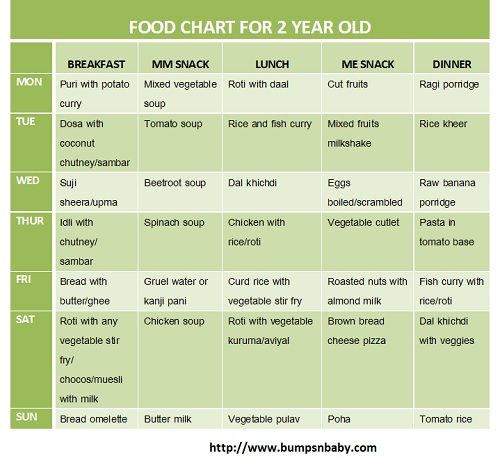 Breastfeeding helps the child establish a special contact with the mother, forms a strong relationship between them. It has been proven that breastfed babies sleep better and more soundly at night and do not act up during the day.
Breastfeeding helps the child establish a special contact with the mother, forms a strong relationship between them. It has been proven that breastfed babies sleep better and more soundly at night and do not act up during the day.
— The main principle of breastfeeding at two months is to put your baby to the breast as often as possible at his first request, so you will keep lactation for many months. Try to alternate breasts during feedings to avoid congestion and lactostasis. Also, do not forget about hygiene - wash your breasts with warm boiled water before and after feeding, and use a special healing ointment for cracked nipples, advises pediatrician, breastfeeding specialist Dina Nauruzova .
Photo: pexels.com, Sarah Chai How do you know if your baby is getting enough breast milk? If a child behaves calmly during feeding, does not act up, and between feedings does not burst into hungry crying, then mother's milk is enough for him. Remember that by the age of two months, the baby's feeding regimen has not yet developed, so he may ask for a breast often, sometimes just to calm down.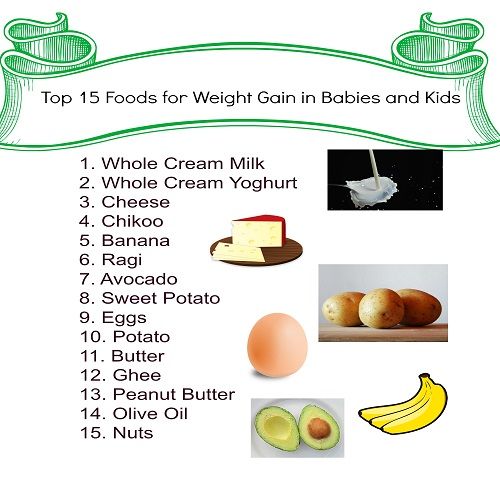
In addition, every month at the appointment, the pediatrician conducts a control weighing of the child, which will also show whether the child is getting enough milk.
Find out more
Artificial feeding
If, for some reason, the mother cannot breastfeed her baby (for example, she is sick and takes medication, or she has no milk), then the baby is transferred to artificial feeding. Of course, not a single mixture, even the most expensive one, can replace mother's milk, but thanks to modern technologies, mixtures are now as close as possible in composition to breast milk.
When choosing formula, it is best to consult your pediatrician first. In general, mixtures are of three types: conventional (for healthy children), therapeutic (with frequent colic and regurgitation, for premature babies) and hypoallergenic. The last two types are prescribed by the pediatrician after examining the child.
Because even expensive formula takes longer to digest than breast milk, a two-month-old baby's feeding regimen should be on schedule, with respect to 3-4 hour intervals.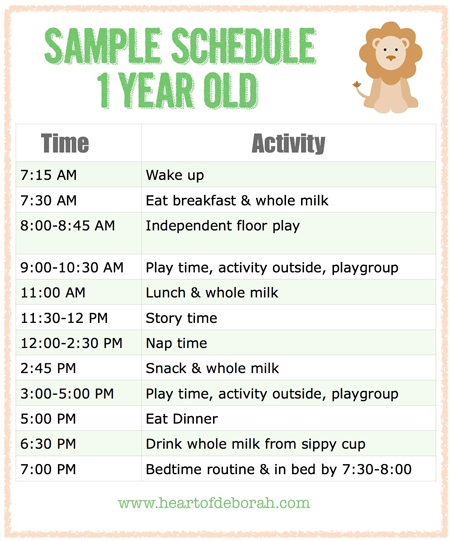 Approximately 6-7 feedings are required per day, and the volume of a single portion of the mixture is 120-150 ml.
Approximately 6-7 feedings are required per day, and the volume of a single portion of the mixture is 120-150 ml.
- Do not worry if the child has not finished his formula, then he is not hungry. And even more so, you don’t need to force him to finish eating, otherwise his tummy will hurt or he will start spitting up, the pediatrician explains. – And remember, when a baby cries, it doesn't mean that he is necessarily hungry. He may have something to hurt, he is cold or hot, or the baby is just looking for maternal warmth.
Experts also remind that when bottle-fed, the baby needs to be supplemented with clean water, which is offered to him between feedings. The child will drink as much as he needs, it is not worth forcing him to drink.
Do not forget about the important rules of artificial feeding: the mixture must be prepared immediately before feeding, it cannot be stored for a long time even in the refrigerator. Bottles and nipples should be carefully sterilized and matched to the age of the child.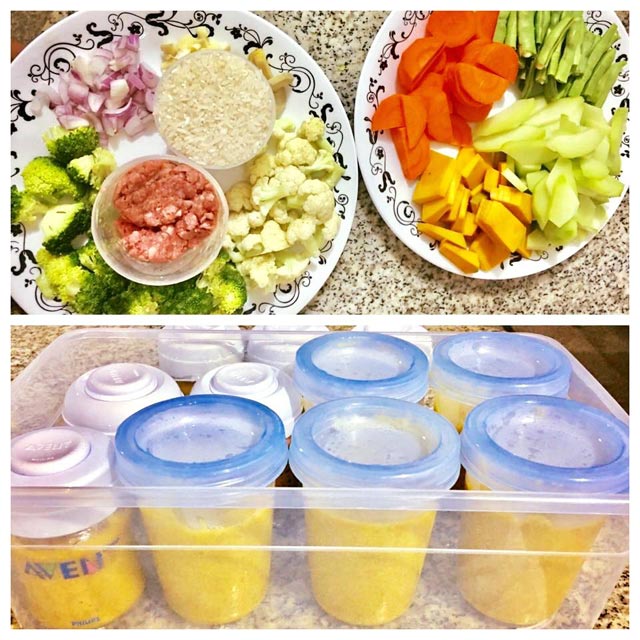 The mixture must be diluted, strictly following the instructions on the package. Before feeding the baby, be sure to drip the mixture on your wrist so as not to burn the baby. Make sure that the mixture does not pour in a jet, otherwise the child may choke.
The mixture must be diluted, strictly following the instructions on the package. Before feeding the baby, be sure to drip the mixture on your wrist so as not to burn the baby. Make sure that the mixture does not pour in a jet, otherwise the child may choke.
Mixed feeding
Mixed feeding is used when the baby is not full of breast milk, because there are problems with lactation, or the mother has to be away often, and then the baby is supplemented with formula or expressed milk.
— Sometimes mothers think that their baby is not full, and they decide to supplement with formula on their own. This is wrong, you need to show the child to the pediatrician, who, at the control weighing, will conclude whether he is underweight, and hence the need for supplementary feeding, the pediatrician advises.
There are several options for supplementary feeding: supplementary feeding with expressed breast milk (well suited when the mother needs to go somewhere), donor breast milk (this is more difficult, since breast milk donation in Russia is still poorly developed, and an independent search for a wet nurse is undesirable - you you don’t know for sure if she has any health problems), or infant formula.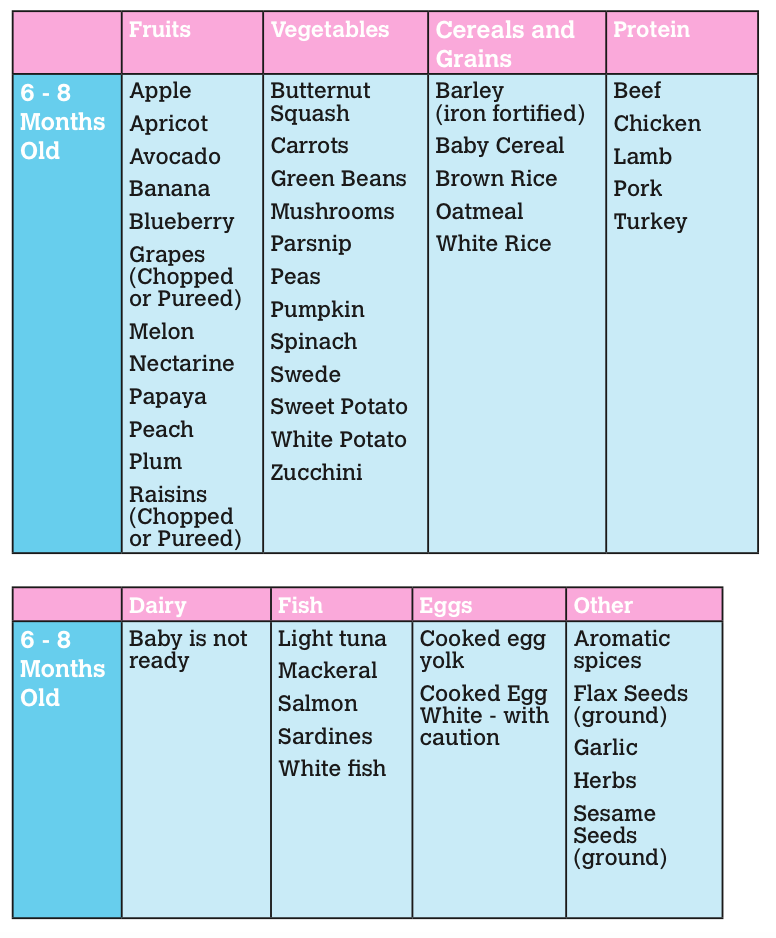
With mixed feeding, a two-month-old baby continues to be breastfed at his first request so that milk production does not stop at all, and one or two feedings are replaced by formula. Experts advise supplementing the baby with a syringe or spoon so that he does not prefer the bottle of the mother's breast. Whenever possible, you should try to return to natural breastfeeding, abandoning the mixture.
WHO Feeding Guidelines
The World Health Organization considers breastfeeding to be the ideal nutritional option for babies up to 6 months of age. According to experts, receiving a sufficient amount of mother's milk, up to six months the baby does not need any complementary foods or additional water. WHO also recommends that the baby be breastfed immediately after birth and that mother and baby be placed in the same room together. It is worth continuing breastfeeding for up to two years, because, contrary to speculation, mother's milk does not become “empty”, but adapts to the growing baby, providing him with the necessary vitamins, minerals and other useful substances.
WHO recommends that the first complementary foods should be introduced no earlier than 6 months, provided that the child is healthy and develops according to age norms. If you are underweight, complementary foods may be introduced a little earlier.
Recommendations of the Union of Pediatricians of Russia on feeding
The Union of Pediatricians of Russia is in solidarity with colleagues from WHO and calls breastfeeding the most natural and physiological nutrition for a child in the first year of life. According to experts, it is breast milk that plays an important role in the prevention of acute and chronic childhood infections, reduces the risk of otitis media, gastrointestinal disorders, infectious diseases of the respiratory system, and even non-specific ulcerative colitis and Crohn's disease.
Photo: pexels.com, RODNAE Productions The Union of Pediatricians of Russia recommends not giving children from birth to six months (except for medical indications) any food or liquid other than breast milk. Also, doctors in the children's clinic should help the mother, if she has any questions about the organization of breastfeeding, explain the importance of this particular method of feeding, and only in case of emergency, choose the mixture.
Also, doctors in the children's clinic should help the mother, if she has any questions about the organization of breastfeeding, explain the importance of this particular method of feeding, and only in case of emergency, choose the mixture.
Frequently Asked Questions
How to start weaning?
— At two months, it is still too early for a baby, whether breastfed or formula-fed. In the old pediatric system, the introduction of juices at 2 months was practiced, but modern doctors assure that at this age, even for the juice of the gastrointestinal tract, the baby has not yet matured. If a child receives plenty of mother's milk, he does not need any complementary foods up to 6 months, and modern mixtures provide the child with all the necessary microelements, - explains pediatrician Dina Nauruzova.
How to prepare a diet for a child?
— At two months of age, the baby does not require any other food than breast milk or formula. Everything is simple: breastfeeding at the first request of the child, artificial feeding according to the schedule, the specialist clarifies.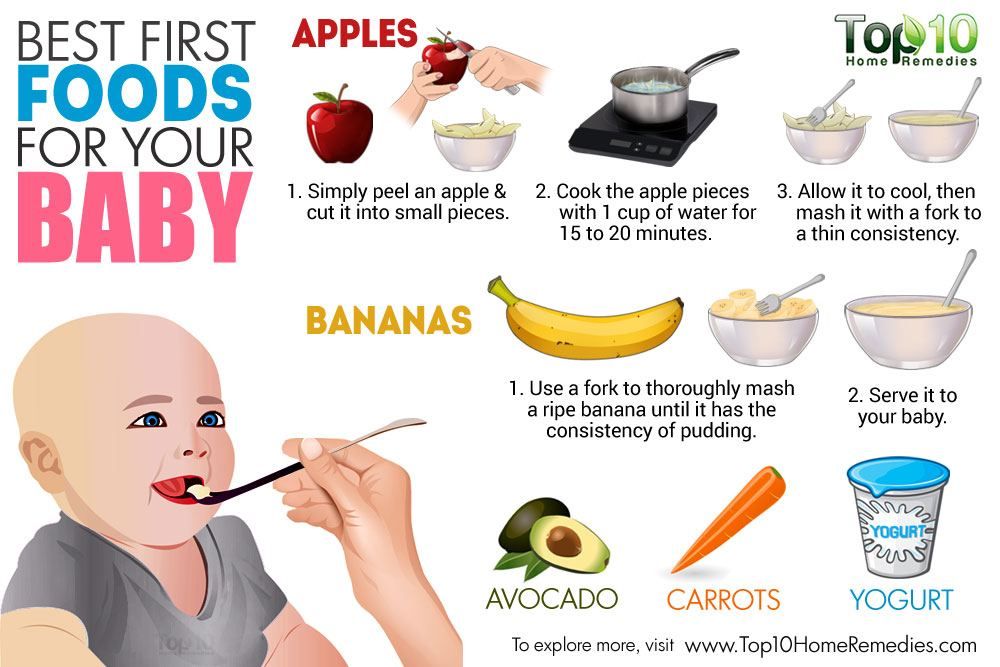
What can mom eat during this period?
- If a mother is breastfeeding, then it is worth paying close attention to her diet, since many foods that get into breast milk can cause allergies or bloating. Also, the mother's diet should be varied and balanced. Lean meats are suitable: rabbit, turkey, chicken, beef, boiled or stewed green vegetables. At the same time, it is better to refuse cabbage, it can cause colic, and vegetables of bright colors can provoke an allergy. Allowed cereals, dairy products, mild cheese, cottage cheese. Apples - better baked, bananas, pears. Baking is better homemade, because the store may contain preservatives and dyes. Of course, no alcohol, nicotine, purchased "chemical" juices and carbonated drinks. In general, you should not limit yourself in everything and choke on boiled chicken breast and buckwheat. Everything is possible - the main thing is a little bit and be sure to monitor the reaction of the baby. It is better to keep a food diary and write down everything eaten there - it will be easier to track the product that caused colic or allergies in the baby, advises Dina Nauruzova.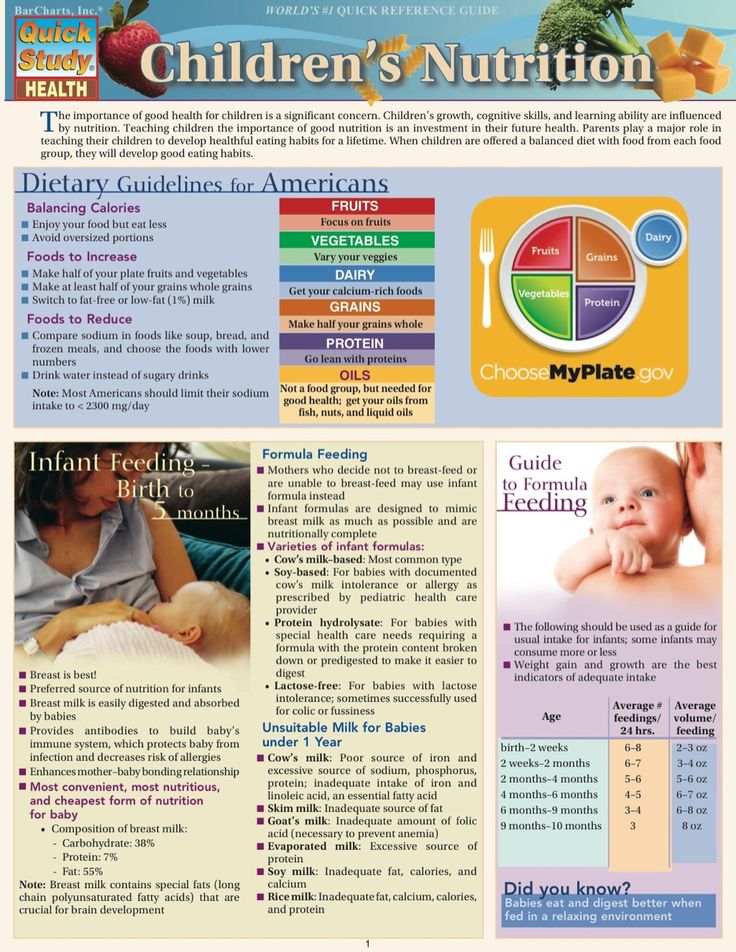
How can you tell if your baby is getting enough milk?
— Some mothers, having heard the cry of the baby, run to feed him as soon as possible, but the child cries not only when he is hungry. He may be hot or cold, in pain, or he does not want to lie alone, and he expresses all his needs through crying. If the child, even after feeding, continues to move his head, as if looking for a breast or a bottle, smacks his lips, tries to suck his own fists, most likely he is hungry. You can also understand that a child has enough milk if he has regular urination. And of course, control weighing at the pediatrician - if the child receives enough milk, he steadily gains weight, - the specialist explains.
Should the baby be given water during the heat?
- In general, it is not necessary to supplement the child with water if he is breastfed, but if he is on a mixture, then between feedings you can supplement him with a spoon or syringe. It is also necessary to solder if the temperature in the room is above +24 degrees, otherwise dehydration may occur.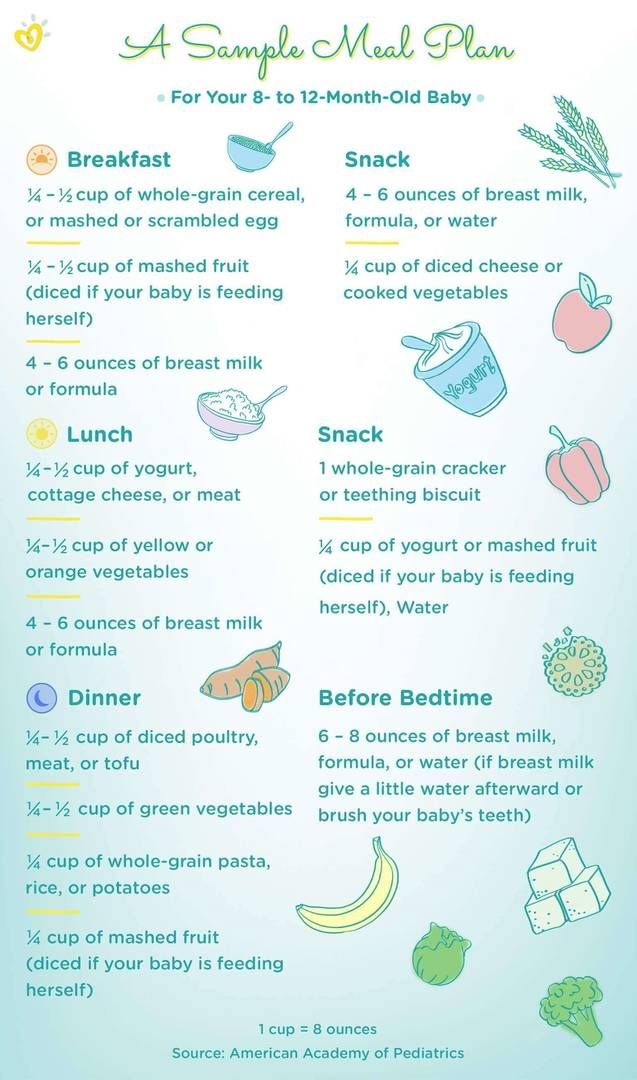 As for the common myth that when hiccups, the baby must be given water, then if the hiccups do not bother the child all the time, then you can generally wait until it passes on its own, the pediatrician clarifies.
As for the common myth that when hiccups, the baby must be given water, then if the hiccups do not bother the child all the time, then you can generally wait until it passes on its own, the pediatrician clarifies.
How much should a child eat from birth to one year old?
Children's appetites vary: some prefer to eat more often, while others refuse to eat even when it's time to feed. However, there are general rules and recommendations for the frequency and amount of infant feeding. We will figure out how much a child should eat in order to avoid malnutrition or overfeeding, how to improve the baby’s appetite and find out that he is hungry, and also dispel some myths about nutrition up to a year. Pediatrician Ekaterina Borisovna Bulavina acts as an expert on the topic.
— Ekaterina Borisovna, how does a child's appetite change with age?
— Appetite is a concept independent of age. A child is already born with an excellent appetite, and over time, only the amount of food eaten changes.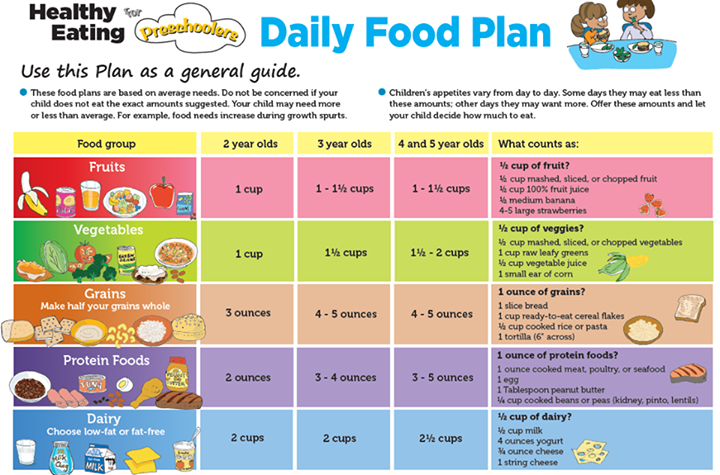 Appetite depends primarily on the state of health of the child, the degree of maturity and growth phase, as well as on the type of feeding, genetic characteristics. Intensively growing baby eats with great desire; during periods of growth retardation, his appetite is somewhat reduced. But it is important to remember that refusal to eat can be caused by health problems, so a visit to the doctor in such cases should not be postponed.
Appetite depends primarily on the state of health of the child, the degree of maturity and growth phase, as well as on the type of feeding, genetic characteristics. Intensively growing baby eats with great desire; during periods of growth retardation, his appetite is somewhat reduced. But it is important to remember that refusal to eat can be caused by health problems, so a visit to the doctor in such cases should not be postponed.
Causes of decreased appetite in infants:
| Pediatrician's help is required if the child's refusal to eat is accompanied by:
|
— How to restore a child's appetite?
- Most often, the appetite returns on its own, as soon as the irritating factor ceases to act on the child. If the baby has recently been vaccinated or the loss of appetite is associated with teething, then active intervention by the mother is not required. If the child is healthy and simply does not like the offered food, the taste of milk or formula, then you can try to improve his appetite. The surest way is to let the baby get hungry. Active games, long walks in the fresh air, observance of time intervals between meals, lack of snacks usually lead to the proper result: the child quite willingly eats the offered dish. At five or six months, the baby is already ready to show interest in food - during this period, active eating behavior should be developed. Let him watch the table setting, watch adults eat, play with a spoon and a plate, try new types of food (this is the so-called pedagogical complementary foods).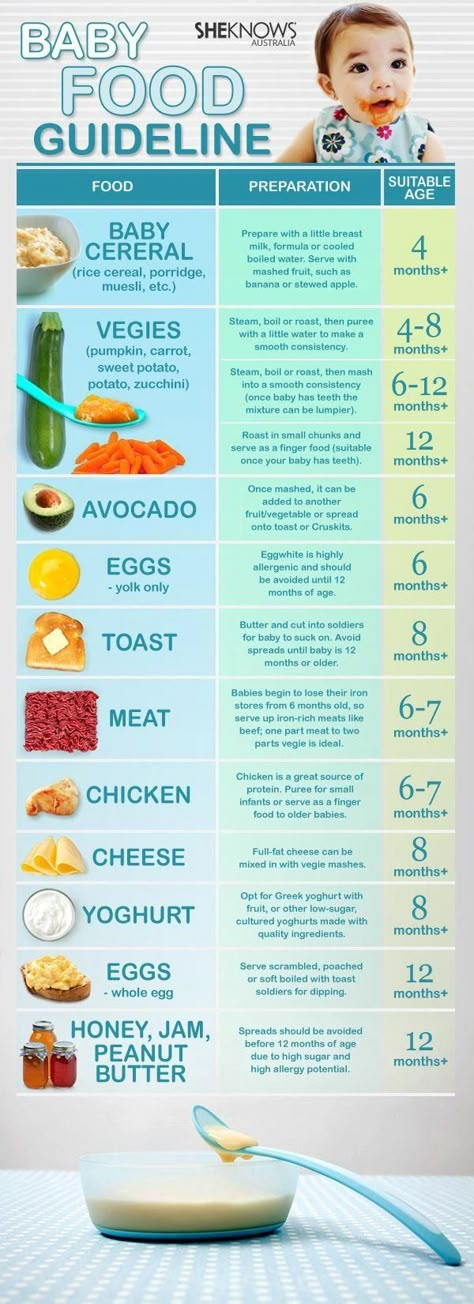 Such an active interest only contributes to a good appetite.
Such an active interest only contributes to a good appetite.
— Is there a difference in appetite between breastfed and formula-fed babies?
— There is no significant dependence of appetite on the type of feeding. Both on breastfeeding and on artificial nutrition, there are little ones and babies with a good appetite. Babies on the breast may ask to eat more often, as milk is digested faster and easier, and then it seems that the baby is hungry. Children on the mixture well withstand the prescribed intervals between feedings, and appetite has nothing to do with it.
- How can you calculate the amount of food for an infant? How much should a baby eat at 2 months, 6 months and 8 months? How much should a child eat at 1 year old?
— Special formulas are used to calculate nutrition for children up to 10 days of age. Further, the amount of food is calculated taking into account the weight of the baby.
Monthly infant food intake
- from 10 days to 6 weeks of age - 1/5 of body weight
- from 6 weeks to 4 months - 1/6 of body weight
- 4 to 6 months - 1/7 of body weight
- 6 to 8 months - 1/8 of body weight
- 8 to 12 months - 1/9 of body weight
a child of three months of age should not exceed 850 ml per day, for a four-month-old - 900 ml per day, after five months - 1 liter per day, regardless of weight, based on which the amount of food is calculated.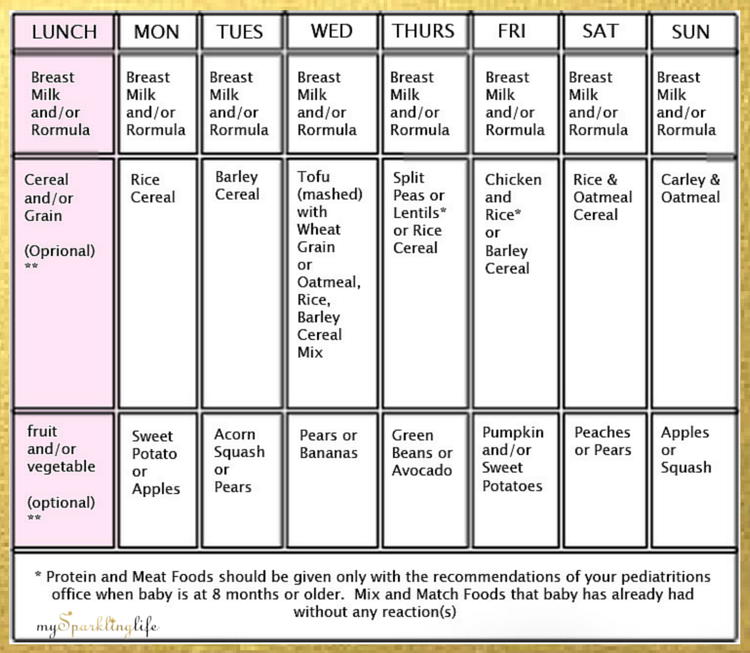
— How often should a child be fed?
— A breastfed baby is fed on demand, there is a special schedule for a formula-fed baby. Depending on age, the frequency of feeding changes downwards:
- 1-3 months - meals 7 times a day, with 3 hour intervals between meals. Sometimes feeding is allowed 6 times a day with an increase in the night interval.
- 3-6 months - meals 6 times a day at intervals of 3.5 hours.
- 6-12 months - meals 5 times a day with daily intervals up to 4 hours, night break 6-8 hours.
— Why is overeating dangerous?
- Overeating while breastfed is almost impossible, but formula-fed babies sometimes suffer from this. The problem usually lies in an unsuitable nipple, through which the child sucks out the prescribed portion too quickly: the satiety signal does not have time to reach the food center. The baby asks for more, and mom happily offers an addition. As a result, the resulting portion exceeds the volume of the stomach, its walls are overstretched, excess nutrition is regurgitated, the first problems with the gastrointestinal tract appear, and improper eating behavior is formed. Habitual regurgitation leads to gastroesophageal reflux disease, and heavy feeding leads to weight gain. Measures taken by the mother during and after feeding will help minimize the manifestations of reflux.
Habitual regurgitation leads to gastroesophageal reflux disease, and heavy feeding leads to weight gain. Measures taken by the mother during and after feeding will help minimize the manifestations of reflux.
Signs that the child is overeating
- Bruthing
- abdominal pain
- Frequent abundant stool
- Pathologically high increase in weight
Signs that the child does not have
| , active, inquisitive baby is unlikely to be malnourished. Lethargy, drowsiness, indifference are alarming signs. | |
| Weight gain | Weight and height must be appropriate for age. Therefore, it is important to visit a pediatrician in a timely manner to assess the physical and psychomotor development of the baby. |
| Intervals between feedings | If the child does not stand up to the allotted time, insistently asks to eat earlier, then most likely he is not full and his diet should be reviewed.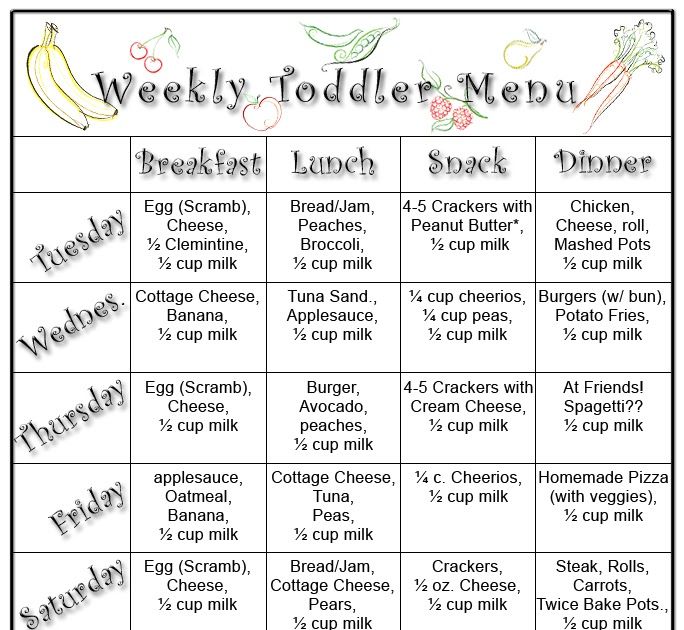 |
| Sleep | A well-fed healthy child sleeps quite soundly and for a long time. Restless sleep may indicate malnutrition. |
The pediatrician should be contacted immediately if the child:
- refuses any offered food, water;
- shows signs of disease;
- losing weight;
- gives dry wrinkled skin, little saliva, cries without tears;
- has infrequent stools, infrequent urination;
- does not eat regularly;
- asks for more food, does not eat;
- sleeps badly, wakes up frequently and cries;
- often spit up, he is troubled by abdominal pain, problems with stool;
- lethargic, lags behind peers in psychomotor development.
— Should I supplement my baby at night?
- Night feedings are vital for a child up to 6 months of age, and should not be weaned from them earlier, unless the child himself sleeps peacefully all night. The child of the first months of life is not able to endure a long break in feeding.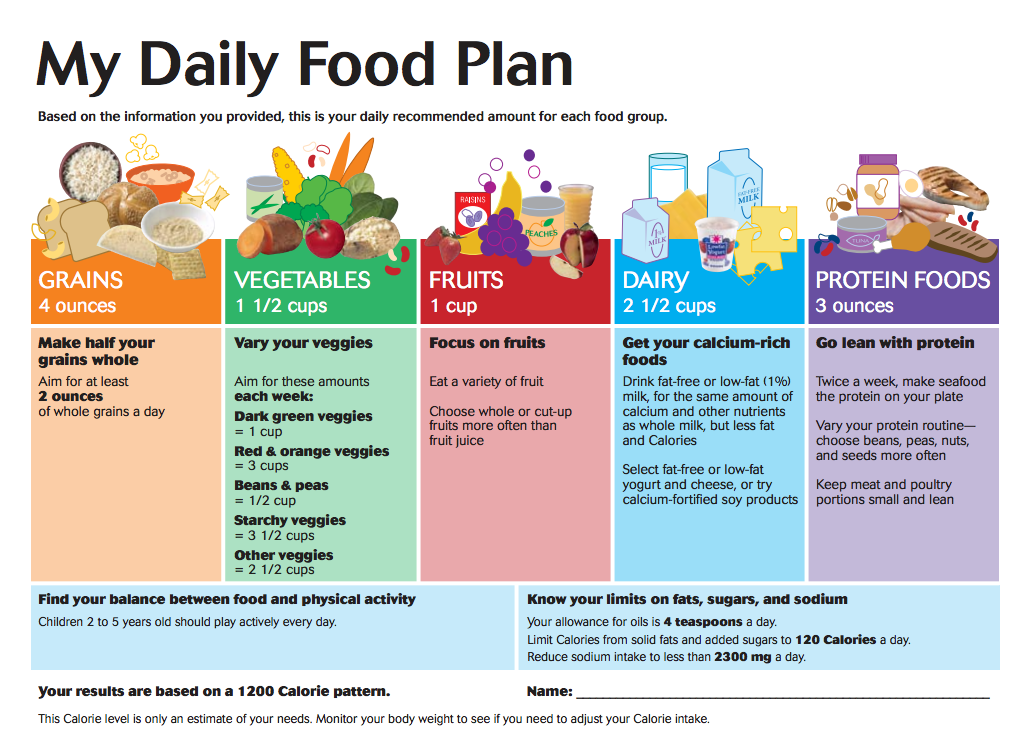 From the age of six months, you can try to wean the baby from eating at night, but the optimal age for this is after a year.
From the age of six months, you can try to wean the baby from eating at night, but the optimal age for this is after a year.
— When to introduce complementary foods and how to combine them with infant formula and breast milk? What proportions would you like to maintain?
— Complementary food is always offered to the baby before or instead of breast milk or formula. Complementary foods start with small portions, so the required amount of food per feeding is supplemented with breast milk or formula. Gradually, the frequency of introduction of complementary foods and its volume increase, displacing milk feedings:
- 4-6 months - 1 feeding with complementary foods and 5 feedings with breast milk or formula;
- 5-7 months - 2 complementary feedings;
- 8-10 months - 3 complementary feedings;
- after 1 year - 1-2 milk feedings, all other meals should contain complementary foods.
— How does a child's appetite change after the first year of life?
— After a year, physiological changes occur in the body, which largely determine eating behavior and nutritional needs.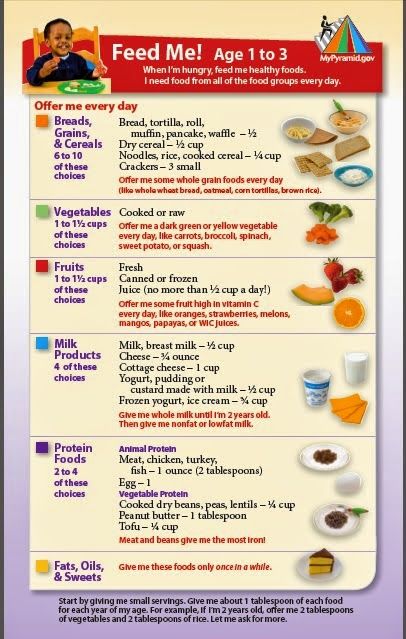 The period of intensive growth ends, the child enters the phase of stabilization of mass growth indicators. Consequently, the energy requirement is somewhat reduced relative to the needs of a rapidly growing six to ten month old baby. Parents often notice that a child just a couple of months ago ate much more willingly.
The period of intensive growth ends, the child enters the phase of stabilization of mass growth indicators. Consequently, the energy requirement is somewhat reduced relative to the needs of a rapidly growing six to ten month old baby. Parents often notice that a child just a couple of months ago ate much more willingly.
The spectrum of activity after a year is higher: the baby masters the process of walking, constantly explores something, it is difficult for him to concentrate on one thing and sit still. He is often distracted, including from the process of eating, often snacking on the go. And it seems that the child eats little and reluctantly at the main meals. But if you sum up all the snacks, then in the end you get a completely sufficient daily amount of food, divided into micro portions. Yes, parents often notice a decrease in appetite in children after a year. However, this is due to the physiology of their growth and maturation.
— Ekaterina Borisovna, please comment on the myths around the appetite and nutrition of babies.
1. The baby is crying, which means he is hungry. Sleepless nights with frequent awakenings, restless intermittent sleep during the day - in such a situation, the mother tries to feed on demand, each time offering a breast, but the baby sucks a little and quits, continuing to cry. At this moment, the mother convinces herself that she does not have enough milk, the child is hungry - and runs to the store for the mixture.
In fact, a baby may cry for various reasons: colic, headache, overfilled diaper, uncomfortable clothing. And before you feed, as soon as he began to cry, you should try to eliminate all other causes of discomfort. The mother's delusion that there is a shortage of milk is the most common reason for switching to artificial feeding.
2. Feeding according to the regimen is better because the child has time to get hungry
— Each child is an individual, and a well-functioning feeding regimen for one baby may not be suitable for another.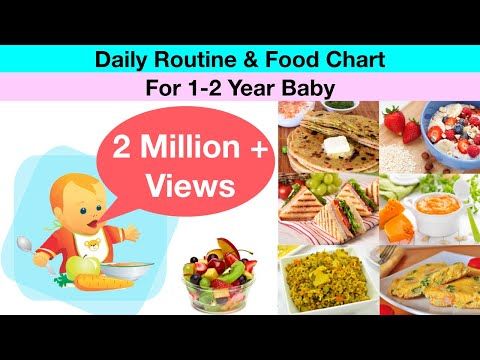 The child may want to eat half an hour earlier, and an hour earlier (or later) than the due date. This does not mean that he has to cry all this hour if the feeding time has not yet come and the mother is trying to keep the regimen. While the mother maintains the prescribed interval, the child experiences stress, which negatively affects his development and eating habits. If the child often asks for food, it may be worth reconsidering his diet. It's best to ask your pediatrician about this.
The child may want to eat half an hour earlier, and an hour earlier (or later) than the due date. This does not mean that he has to cry all this hour if the feeding time has not yet come and the mother is trying to keep the regimen. While the mother maintains the prescribed interval, the child experiences stress, which negatively affects his development and eating habits. If the child often asks for food, it may be worth reconsidering his diet. It's best to ask your pediatrician about this.
3. In the case of on-demand feeding, having become accustomed to calming down at the breast, the baby will then eat stress all the time breasts as soon as they are hungry. But if the mother tries to feed the baby more so that he sleeps longer, she does him a disservice: this is how the body gets used to making reserves, because the next feeding is not soon.
4. The baby lacks nutrients, and the sooner complementary foods are started, the better
— Indeed, earlier apple juice was introduced into the child's diet almost from two months. But it has long been scientifically proven that there is no benefit from this. Modern ideas about the timing and products of the first complementary foods are based on numerous studies. And the young mother should follow exactly them, and not grandmother's advice on the benefits of semolina in two months.
But it has long been scientifically proven that there is no benefit from this. Modern ideas about the timing and products of the first complementary foods are based on numerous studies. And the young mother should follow exactly them, and not grandmother's advice on the benefits of semolina in two months.
5. The baby puts on weight “incorrectly”
— I often hear about well-fed babies that they are “thin”, but the neighbor's children, for example, weigh ten kilograms at five months. Whether weight gain and height correspond to physiological norms can only be assessed by a pediatrician using special centile tables. And it is wrong to draw premature conclusions only on the basis of a visual examination of the child and its comparison with others.
- To summarize. How to understand that the baby is full?
- Observe his behavior. As saturation increases, swallowing movements become less frequent, replaced by sucking. A well-fed baby himself stops sucking at the breast or bottle. If the feeding is delayed and the mother doubts whether the child has eaten, it is worth trying to take the breast - a well-fed baby easily releases it from his mouth, a hungry baby is naughty, makes search movements with his fingers.
If the feeding is delayed and the mother doubts whether the child has eaten, it is worth trying to take the breast - a well-fed baby easily releases it from his mouth, a hungry baby is naughty, makes search movements with his fingers.
It is worth remembering that the breast for a child is not only a source of nutrition, but also a means of comfort, a guarantee of safety. Babies can hang at the breast for a long time, and this does not always mean that they are hungry. If the mother is in doubt, you can try to calm the child in another way. A well-fed baby will most likely fall asleep, a hungry baby will insistently demand a breast and calm down only when he receives it again. After saturation, the child usually falls asleep or continues to stay awake in a good mood, smiles at his mother, and coos.
A good appetite for a child is the dream of every mother and especially a grandmother. Complaints about lack of appetite are the most common at the doctor's office. Everyone wants a magic pill to improve it, but unfortunately there is no such thing.